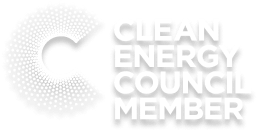New Inverter Standards for Rooftop Solar, Batteries and EVs Coming Soon
By mid-2021 or about six months after a final rule is made this February, the new inverter standard AS4777.2 is expected to come into effect.
This new standard is going to affect new rooftop solar installations, batteries, and electric vehicle chargers, but not existing systems.
The rationale behind AS4777.2
The new strict standard is designed to ensure that inverters controlling rooftop solar power systems, battery storage devices, and electric vehicle charging stations can safely and effectively “ride through” network faults. This means that even with the occurrence of uncontrolled shutdowns, grid reliability is not placed at risk.
The implementation of AS4777.2 would be mandatory for all new inverters that will be linked to distribution networks on the National Electricity Market (NEM).
This move is the result of a rule change request initiated by the Australian Energy Market Operator (AEMO), and it is backed by the Australian Energy Market Commission (AEMC). Moreover, the AEMO is also asking for the implementation of a ‘minimum technical standard to cover interoperability and communication interfaces and cyber security measures, as well as inverter performance and grid responsiveness.’
However, David Feeney, the AEMC’s executive general manager of transmission and distribution networks, said that the AEMC considers the improvement of inverter standards to be its highest priority, especially in the wake of a rapidly changing grid.
According to Feeney, the draft rule for AS4777.2 does not propose any change to how inverters are currently being operated, i.e., being switched on or off. Feeney is hopeful that the new strict standard would only affect the solar industry minimally, allaying fears of finding redundant stock that will fail testing requirements once the new standard is put into effect.
He also said that the early announcement regarding AS4777.2 should give retailers and installers ample time to prepare, especially since the solar industry is headed in the same direction in terms of distributed energy resources (DER).
How AS4777.2 affects consumers
Households with existing solar systems are, of course, understandably concerned about the new inverter standards. However, Feeney said that, once implemented, the benefits of the new inverter standard would outweigh any potential downsides or expenses related to the new rule.
If you have questions about the upcoming new inverter standards or solar power systems, please contact Solar Miner.






